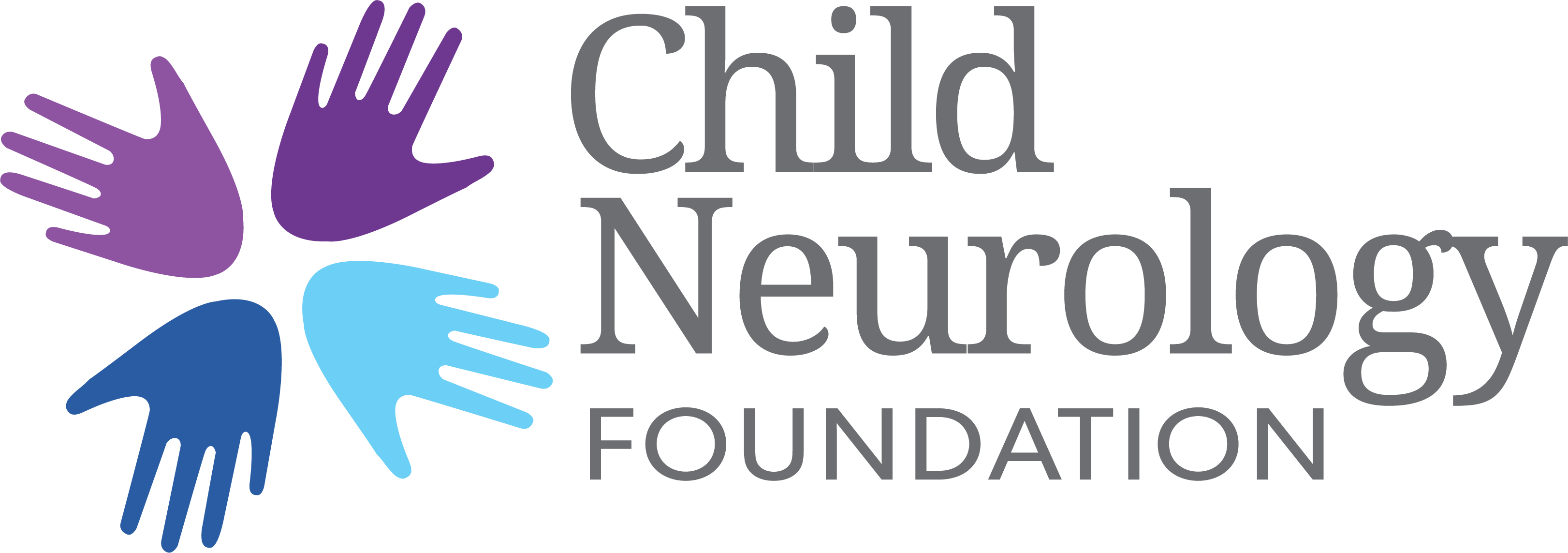
Significance, Impact of Social Support in Child Neurology: Amy Brin, MSN, MA, PCNS-BC

The chief executive officer of the Child Neurology Foundation provided insight on the ongoing efforts to make children with neurological conditions feel inclusive in today’s society. [WATCH TIME: 3 minutes]
WATCH TIME: 3 minutes
"Let’s say it’s a mom in Topeka, Kansas, that is having some food scarcity issues and needs help working with their local Medicaid office. Utilizing Unite Us, we can directly connect them to those specific community-based services to further their plan of care. We’re aiming for that quality of care because if families aren’t eating, it will affect their ability to make sure that child’s medications are being refilled."
Receiving a diagnosis for a neurological condition may be troubling for some, especially young children. There are negative stigmas that are associated with neurological diseases, which can impact an individual’s quality of life and their willingness to accept their condition. Clinicians have typically tried to encourage patients to at least acknowledge their condition, as failure to do so can incur additional risks and self-harm.
The
Brin, executive director and chief executive officer of the Foundation, sat down with NeurologyLive® to discuss the ways social support bridges the gaps between patients, caregivers, and clinicians alike. She provided an overview on a few of the initiatives the Foundation has developed, and their unique way of reaching families within their homes to solve day-to-day challenges they may face.
Newsletter
Keep your finger on the pulse of neurology—subscribe to NeurologyLive for expert interviews, new data, and breakthrough treatment updates.










